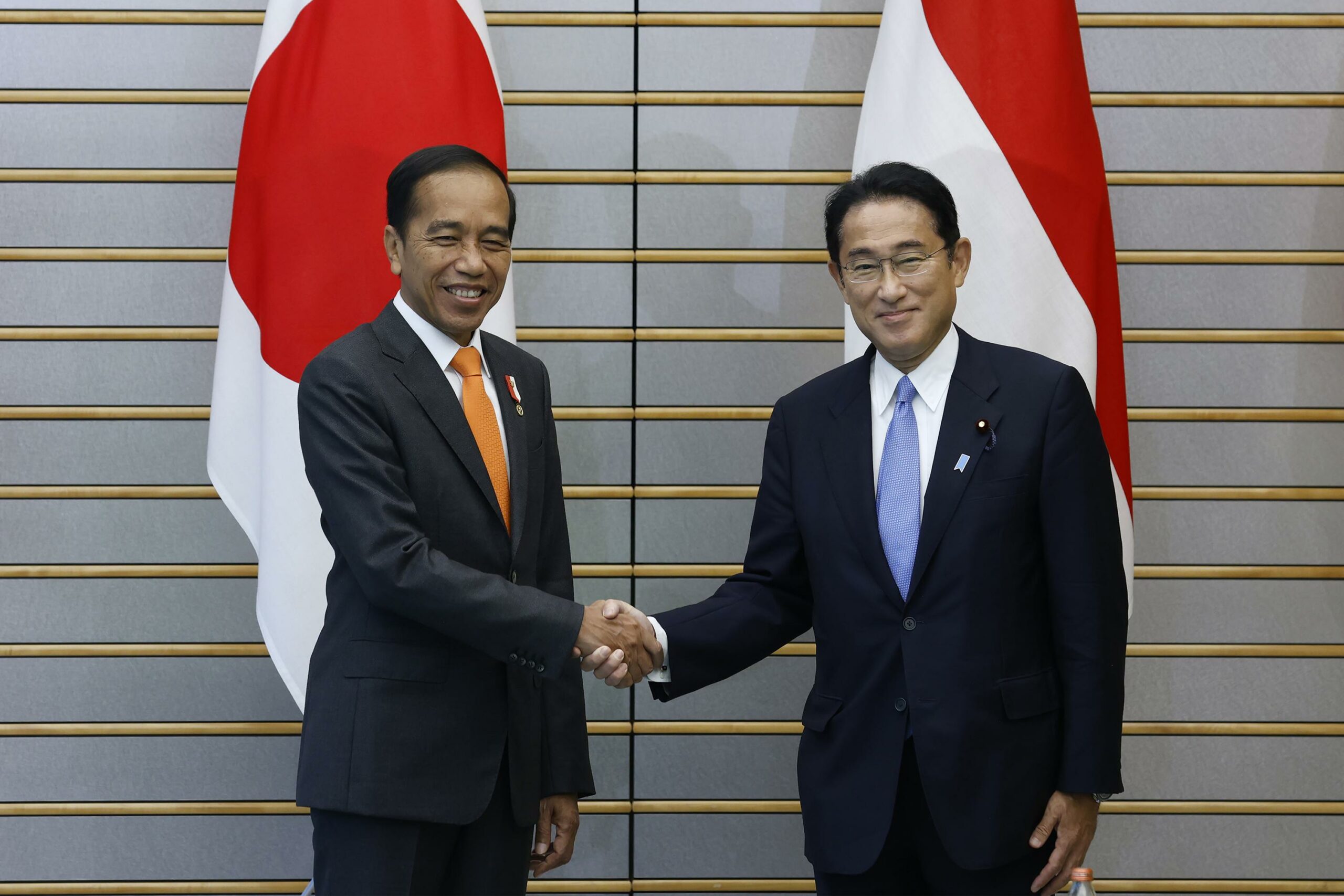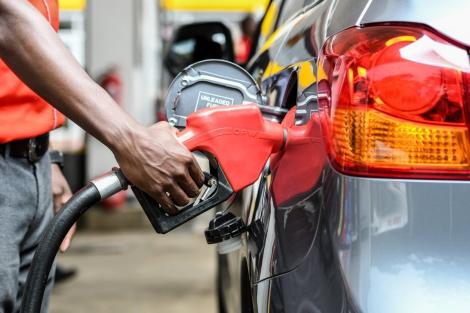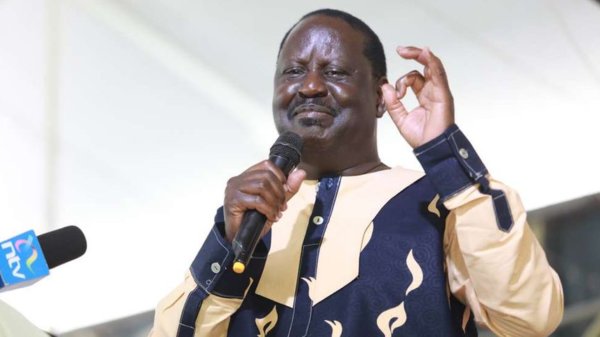
3000
Indonesia and Japan have agreed to remove more trade barriers following the conclusion of negotiations on protocols to improve their bilateral economic agreements.
Japan will provide more access for Indonesian exports, including the removal of tariffs on processed fishery items, and the two countries’ financial connections will improve, according to Minister Retno Marsudi in a statement on Saturday.
Both parties hope to have the updated Indonesia-Japan Economic Partnership Agreement (IJEPA) in place by the first quarter of 2024, though it must still be formally signed and confirmed by their respective legislatures after legal checks, she noted.
Retno’s statement came after Indonesian President Joko Widodo met with Japanese Prime Minister Fumio Kishida on the sidelines of a Tokyo conference commemorating Japan’s 50-year relationship with the Association of South-east Asian Nations (ASEAN).
Previously, Indonesia’s trade ministry stated that Jakarta had sought Tokyo to reduce tariffs on canned tuna exports during the negotiations, which were meant to build on the IJEPA agreed in 2007.
In his discussion with Kishida, Jokowi, as Indonesia’s president is often called, also emphasized the importance of Jakarta and Tokyo’s agreement on essential minerals as Indonesia seeks to position itself as an important player in the global electric vehicle (EV) battery supply chain, according to Retno.
She also stated that Japan has provided the Indonesian coastguard with a patrol vessel worth $63 million (9 billion yen) to assist Indonesia in increasing its maritime capacity.
Earlier on Saturday, Japan and Malaysia signed a security aid agreement that included a $2.8 million (400 million JPY) grant to strengthen Malaysia’s marine security, as Asian nations seek to challenge an increasingly assertive China.
Jokowi and Kishida also discussed the Gaza war, with the Indonesian president reiterating his support for a permanent truce and long-term humanitarian aid.

































































